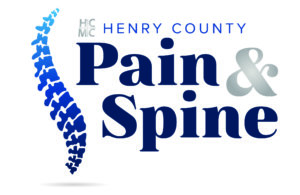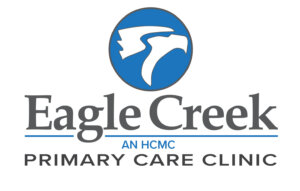
Some people believe they need less sleep than the average person; however, this practice is not good for your health. Sleep is not just the absence of being awake; it’s an active process that promotes good cognitive and physical health. While you’re sleeping, your body is doing important work, such as forming pathways in your brain that help you learn and create memories and removing toxins that accumulate while you’re awake. Sleep also helps your body support your immune system, repair cells and tissues and maintain a healthy balance of hormones.
The amount of sleep you need depends on your age, but in general, adults need at least seven hours of sleep daily. Children need more, especially newborns who sleep up to 17 hours a day. Teens need a good eight to 10 hours of sleep to support their growing bodies.
Sleep deprivation is a serious public health problem. Roughly one out of three adults does not get at least seven hours of sleep each night. Insufficient sleep can affect all aspects of your life and raise your risk for serious diseases such as heart disease, diabetes, immune dysfunction and obesity. Sleep deprivation can also lead to deadly accidents and mistakes. Driver sleepiness plays a role in about 100,000 car accidents each year.
Unfortunately, sleep disorders are very common. However, they are also very treatable once you are correctly diagnosed. Two of the most common sleep disorders are insomnia and sleep apnea. Insomnia is the inability to fall or stay asleep, and is the most common sleep problem in those age 60 and older.
Sleep apnea is a disorder in which you momentarily stop breathing, sometimes many times per night because of blocked airways. If you snore or make gasping or choking noises while you sleep, you may suffer from sleep apnea. Nearly 24 million Americans have sleep apnea, many of them undiagnosed. People with sleep apnea wake up feeling tires and struggle with fatigue and difficulty concentrating.
Other common sleep disorders include narcolepsy and restless legs syndrome (RLS). Excessive daytime sleepiness along with sudden muscle weakness are signs of narcolepsy. Restless Legs Syndrome is characterized with an unpleasant, creeping sensation associated with aches and pains throughout the legs that can make it difficult to fall asleep.
To aid in sleep, it is important to practice good sleep hygiene. Develop a routine and go to bed and wake at the same time each day. Avoid large meals, alcohol, and caffeine close to bedtime. Make sure your bedroom is quiet, dark and a relaxing environment. Also avoid screen time close to bedtime.
If you practice good sleep hygiene habits, and are still unable to sleep or feel that you may suffer from a sleep disorder see your primary care provider for treatment. Henry County Medical Center has our own Sleep Disorders Center. The goal of our Sleep Disorders Center is to help our patients understand sleep problems, their impact and what can be done about them in a comfortable testing environment. If you or someone you love is experiencing a sleep problem, you can call 731-644-8414 for more information. You can also visit our website at www.hcmc-tn.org and take our sleep quiz to help evaluate if you are in need of a sleep study.










